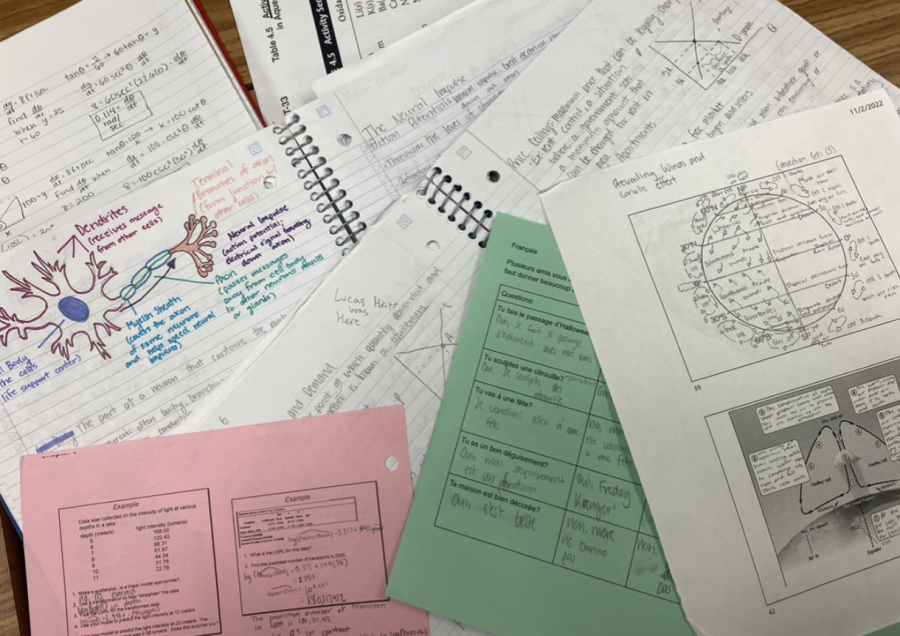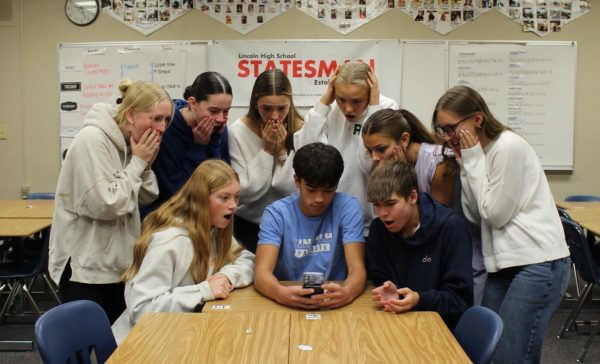Burnout is real
Assignments continue to pile up as the year continues, it is important to make sure you don’t fall too far behind.
As my senior year is already a quarter of the way over, I am starting to find the terms burnout and senioritis more relatable every day. I have started procrastinating assignments, avoiding going to school as much as possible and feeling the lack of effort increase. This feeling is very foreign to me. In my 12 years of education, I have faced many accelerated or AP classes where homework was not able to be pushed back if I “wasn’t feeling it,” so why do I think I can do it all of a sudden now? Surprisingly enough, this feeling is quite common.
Uopeople.edu describes academic burnout as “a negative emotional, physical and mental reaction to a prolonged study that results in exhaustion, frustration, lack of motivation and reduced ability in school.” This phenomenon usually increases throughout a person’s education. Seniors are more likely to experience burnout around college admission time when they have to balance both the assignments for school and perfect the essays that determine what schools accept them.
The earlier signs of burnout are recognized, the easier it is to stop it. Burnout can cause mental, emotional and physical exhaustion, difficulty sleeping, poor concentration, inability to focus and many other symptoms. Burnout can also cause a student to lose interest in maintaining a social life, physical health and overall well-being. Not all cases of burnout are the same, it can vary between severe and mild cases.
Although it sounds like a scary thing, burnout can be prevented. Most of the tips to counteract burnout is to live a healthy balanced life. It is important to make time for self-care, social activities, frequent breaks, setting reasonable goals and self-assessing how you feel every once in a while. Although these seem like common sense, many students will choose to neglect these practices in order to preserve their grades or image at school. This is not only going to cause burnout, it can also lead to other mental health issues.
If you feel that burnout is already heavily affecting you this school year, there are ways to recover from it. The most important step is recognizing the symptoms and making an effort to get better. Prioritizing time to decompress or take breaks throughout the day for the mind and body to rest, relax and recharge is a huge step. It is also important to identify where the stress is coming from and develop a plan on how to mitigate it. The final step is to re-establish a new work-life balance, this could include scaling back on commitments or extracurriculars in order to prioritize yourself first. A student experiencing more severe symptoms may require additional help from qualified mental health professionals.

Katie Jensen is a senior and second-year staff writer for the Statesman. She is involved in ENHS, FA4FA, YPC, Yoga Club, EI Club, Debate, LHS Golf and...







